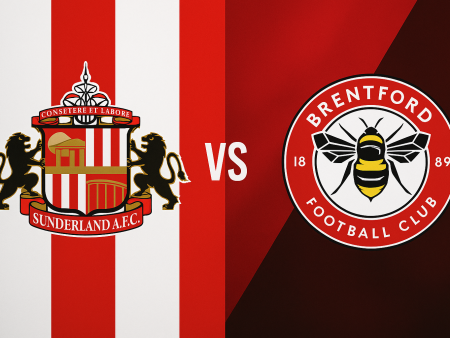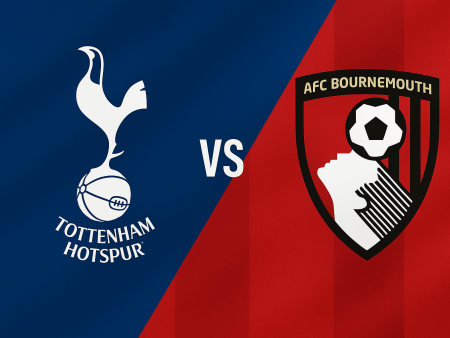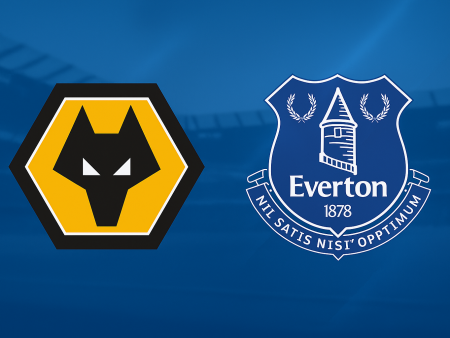Previewing the Upcoming International Football Break: Key Storylines for Netherlands, Germany, and Canada
The start of 2021’s international football break launches an action-packed season leading into major global tournaments-the rescheduled UEFA Euro 2020, Copa América, the Olympic Games, and the CONCACAF Gold Cup. Originally slated for 2020, these competitions were postponed to 2021 due to the lingering effects of the COVID-19 pandemic.
Travel restrictions and quarantine protocols continue to impact international fixtures. While many countries will take the pitch, CONMEBOL nations and most AFC members are sidelined this break. However, FIFA World Cup qualifying matches are pressing on in regions like UEFA and CONCACAF, setting the stage for dramatic encounters and critical tests for several national teams. Below, we spotlight three teams-Netherlands, Germany, and Canada-to watch this international window.
Netherlands: New Beginnings Under Frank de Boer
The Netherlands turn a new page as they set out to earn a spot at the 2022 FIFA World Cup. Frank de Boer assumes managerial duties after Ronald Koeman’s departure for Barcelona, inheriting a squad keen to redeem itself after missing both Euro 2016 and the 2018 World Cup.
De Boer’s tactical experiments have yielded mixed results in his initial six matches (two wins, three draws, one loss), as he seeks the right formula upfront. Forwards including Memphis Depay, Quincy Promes, Luuk de Jong, Steven Bergwijn, and rising star Donyell Malen have all featured in the quest for consistent goals. The preferred setups have rotated between a 4-3-3 and a 4-2-3-1, anchored by a dynamic midfield of Georginio Wijnaldum, Frenkie de Jong, and Donny van de Beek. This trio brings a mix of creativity, poise, and defensive grit-arguably among the continent’s best.
The Dutch defense is coping with the absence of leader Virgil van Dijk, who remains sidelined and is racing for fitness ahead of Euro 2020. Still, defenders Matthijs de Ligt, Daley Blind, and Stefan de Vrij offer stability in central positions. At right back, Hans Hateboer, Joel Veltman, and Denzel Dumfries present quality options, while the left side will likely see 21-year-old Owen Wijndal or Patrick van Aanholt. Goalkeeping responsibilities remain with Jasper Cillessen, supported by Tim Krul.
This international break sees the Netherlands begin World Cup qualifying with an away test against Turkey, followed by home fixtures against Latvia and a trip to Gibraltar. While these matches are essential for World Cup hopes, De Boer will also use them to solidify the team's identity before the much-anticipated summer Euros.
Germany: Transition and Redemption on the World Stage
Germany enters this break amid managerial transition, as Joachim Löw prepares to conclude his lengthy stint after Euro 2020. Germany’s national team, seeking redemption following their 2018 World Cup disappointment, faces Iceland and North Macedonia at home, as well as a tough trip to Romania, all part of the European World Cup qualifiers.
Although Löw guided Germany through a solid Euro 2020 qualifying run, the team’s recent performances in the UEFA Nations League have raised concerns, capped by a heavy 6-0 defeat to Spain. Their group stage at Euro 2020 promises to be especially daunting, with titleholders Portugal and world champions France.
Despite these challenges, Germany retains formidable midfield strength. Joshua Kimmich and Leon Goretzka of Bayern Munich anchor the center, joined by the in-form Ilkay Gündogan. Löw’s midfield pool is deep, with the likes of Kai Havertz, Toni Kroos, Julian Draxler, Florian Neuhaus, Julian Brandt, and potentially Thomas Müller providing versatility and attacking options.
In attack, Serge Gnabry, Leroy Sané, and Timo Werner are expected starters, supported by Marco Reus and Luca Waldschmidt. Defensive consistency remains a priority, with Niklas Süle, Antonio Rüdiger, and Matthias Ginter as key central figures. Löw has alternated between 4-2-3-1, 4-3-3, and 3-4-2-1 to leverage wing-backs such as Nico Schulz and Robin Gosens. Veteran goalkeeper Manuel Neuer shares duties with Marc-André ter Stegen, bringing reliability between the posts. Notably, talented teenager Jamal Musiala has pledged his international future to Germany and could feature this break.
Löw’s final international matches before the Euros offer Germany a valuable chance to address recent defensive frailties and sharpen their attacking edge against high-stakes opponents.
Canada: Pursuit of a World Cup Return
Canada launches its campaign for World Cup qualification with a sense of renewed ambition. The national team will play Bermuda on March 25, with home fixtures temporarily relocated to Orlando, Florida, due to Canadian quarantine regulations. An away match against the Cayman Islands follows on March 28.
The World Cup qualification format in CONCACAF has been modified to suit pandemic limitations, restricting the region’s top five teams (Mexico, USA, Jamaica, Costa Rica, and Honduras) to the final round robin while the remaining 30, including 72nd-ranked Canada, compete for just three remaining spots.
Canada’s last match was a 1-0 friendly loss to Iceland over a year ago, and their last competitive action was a 4-1 defeat to the USA in November 2019. For their qualifying bid, head coach John Herdman will rely on the talents of Alphonso Davies (Bayern Munich) and Jonathan David (Lille). Typically lining up in a 4-2-3-1, Davies can push into attack, while Herdman has also employed him as a rapid, attacking full-back in a 4-4-2 shape. Up front, the combination of David with Lucas Cavallini provides pace and physical presence.
The midfield leadership of veteran Scott Arfield is crucial for transitioning play, supported by Samuel Piette as a defensive anchor. Wide options Junior Hoilett, Jonathan Osorio, and Tosaint Ricketts enhance depth and attacking flexibility. Central defense will likely feature Steven Vitória alongside Derek Cornelius, with Richie Laryea and either Davies or Kamal Miller as full-backs. Milan Borjan remains the first-choice goalkeeper.
Canada is favored against Bermuda and the Cayman Islands and must collect early wins to keep qualification hopes alive. The team is also eyeing momentum ahead of a tough CONCACAF Gold Cup Group B, featuring the United States, Martinique, and another qualifier.
Major Tournaments on the Horizon
This year’s packed football calendar continues after the international break with the following events:
- Copa América: Begins June 13 in Buenos Aires, final July 10, Barranquilla
- UEFA Euro 2020: Starts June 11 in Rome, ends with the final July 11 at Wembley in London
- Tokyo Olympic Football Tournament: July 22 - August 7
- CONCACAF Gold Cup: Runs July 10 - August 1 (host nation TBA)
Looking Ahead
With significant matches and tournaments ahead, this international break serves as a litmus test for the ambitions and readiness of leading national teams such as the Netherlands, Germany, and Canada. Whether it’s forging a new team identity, bouncing back from disappointment, or chasing a return to the global stage, each side will be looking to capitalize on these early opportunities as football’s summer of 2021 heats up.













